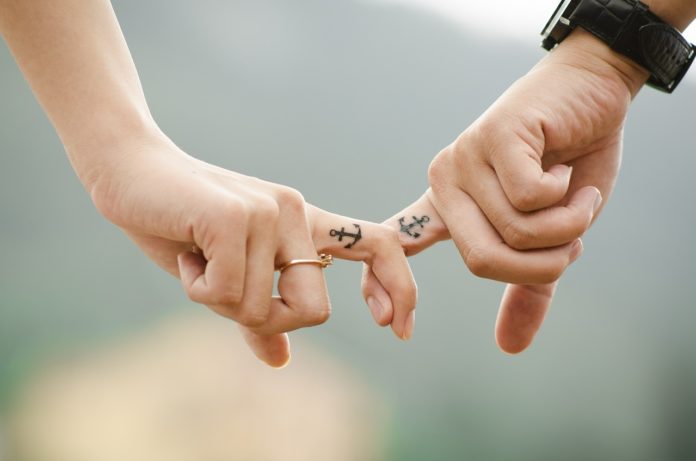Americans are more enthusiastic toward their romantic partners than Japanese individuals are on account of Americans live in social situations in which individuals have the more prominent flexibility to pick and supplant their accomplices, a group of Japanese analysts proposes.
Past research looking at the enthusiasm in sentimental connections on a worldwide scale found that individuals in North America are more energetic than East Asians, for example, the Japanese and Chinese. In any case, this marvel is obviously conflicting with the ordinary hypothesis that East Asians are described by community and reliance and that North Americans are more individualistic and free.
Despite the fact that monogamy is regular in contemporary society, long-haul sentimental connections are looked with a dedication issue – the contention between keeping up an association with a specific accomplice and searching for an appealing option.
The Japanese research group drove by Ph.D. understudy Junko Yamada and Professor Masaki Yuki of Hokkaido University conjectured that Americans living in a general public with high social versatility (in which individuals have more prominent opportunity to pick and supplant their accomplices) are always presented to the hazard and tension of being undermined or losing their accomplice to an adversary.
It additionally accepted that energy will initiate vital conduct to rich consideration and fondness on their accomplice, while proactively overlooking potential accomplices to console their present accomplice. Then again, in Japan, where connections have a tendency to be more steady and difficult to change (low social portability), individuals have less hazard and uneasiness of being undermined or being rejected, making energetic conduct less significant, as per the theory.
The scientists overviewed 154 hetero Americans (78 men and 76 ladies) and 103 hetero Japanese individuals (65 men and 38 ladies) enrolled through internet crowdsourcing commercial centers. They reacted to a poll intended to gauge their view of the level of sentimental social portability of individuals around them and the power of energy they felt toward their present accomplice. All members were asked how likely they embrace different duty practices while shaping an association with a particular mate.
The outcomes measurably demonstrated Americans are more enthusiastic toward their accomplices than the Japanese are, which can be clarified by the social portability of the general public they live in. The investigation additionally found that the more energetic a man was, the more probable they were to approach an accomplice and extravagant warmth on no one, however, the accomplice while deliberately deserting associations with different individuals from the contrary gender. In this manner, the investigation exhibited the contrast between the two gatherings from the perspective of versatile conduct.
Masaki Yuki said, “The findings are highly relevant to research on the evolutionary science of interpersonal human emotions. For humans, it is imperative to win and keep a good mating partner, which is a basic adaptive issue. Our study showed the importance of considering socio-ecological factors when studying human mating behavior. Also, it suggested you should be more passionate and give your partner special attention when they have more freedom to choose.”
“However, further studies involving other nationalities and cultural backgrounds should be conducted before generalizing our results.”
